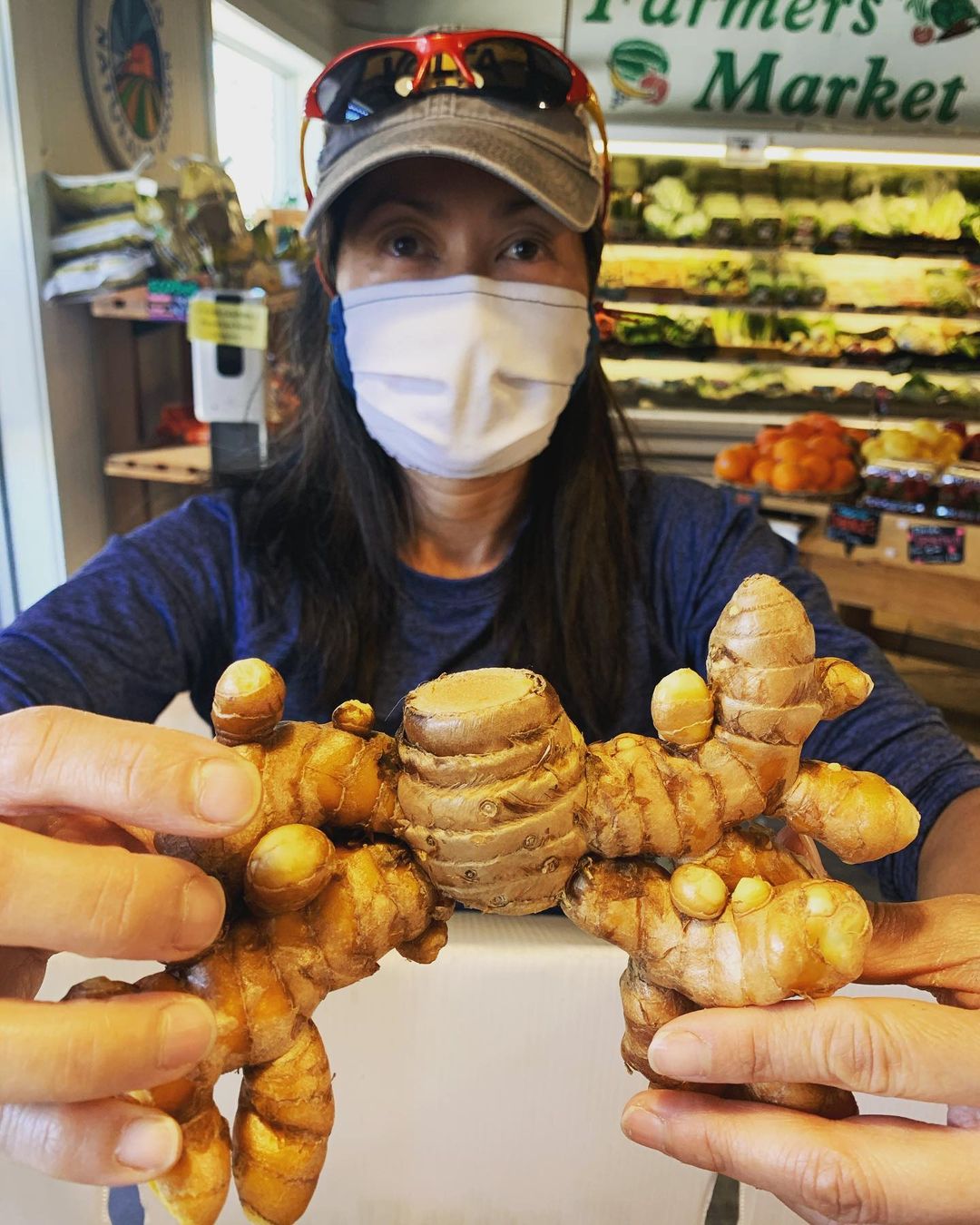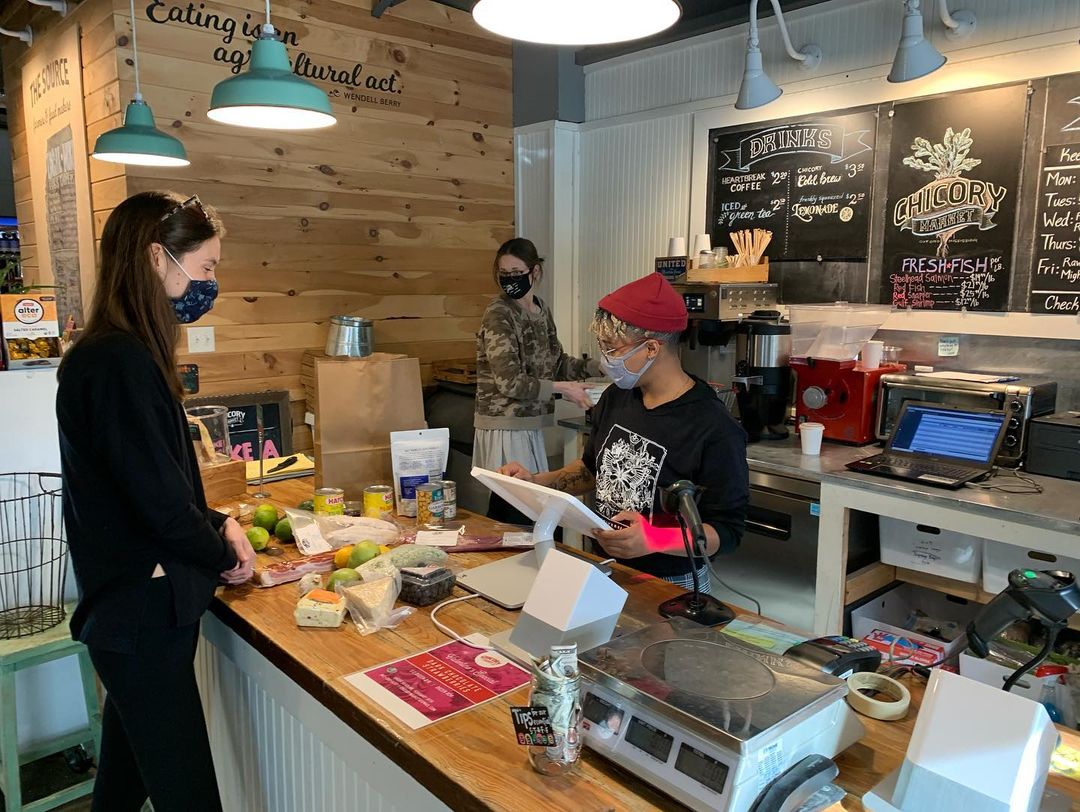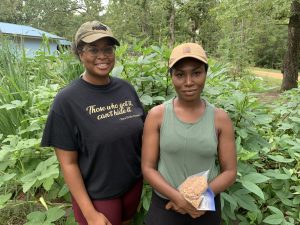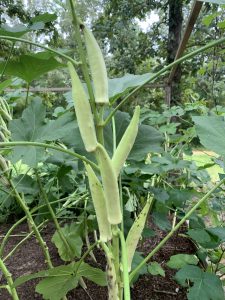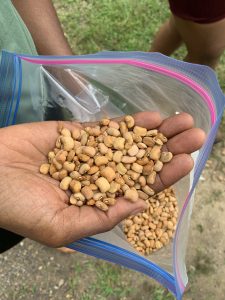Brand New: Small Town Homestead
June 14, 2023We get excited when a new brand comes in… and it’s from Blue Mountain, Mississippi! Small Town Homestead offers natural medicinal and household products that promote immunity from seasonal illness and clean out the toxins in our lives.
When founder and supermom Ashley Bryant asked us about carrying Small Town’s Elderberry and Tart Cherry syrups, we jumped at the chance. Local elderberry syrup has been hard to find lately, and we love to take a spoonful a day and even drizzle it over pancakes. Small Town’s syrups have gotten us through the past few flu seasons and helped our family get better rest through the trials and tribulations of the school year. And their latest offerings — an All-Purpose Cleaner, various Lip Balms, and Essential Oils — will have your home feeling like a spa.
Ashley started experimenting with Elderberry Syrup in 2018 in response to allergies, illness, and other complications that her family was struggling with. Soon the recipe she perfected turned into a retail brand and expanded to other home remedies and cleaning products.
“As a small-town girl, I was brought up with old-fashioned values and entrepreneurial spirit,” Ashley says. “I am so excited to make available my small-batched hand-crafted blends in a way that showcases their honest, pure ingredients.”
We’re so excited that Small Town Homestead found their way to Chicory Market. They make all of our lives better!

